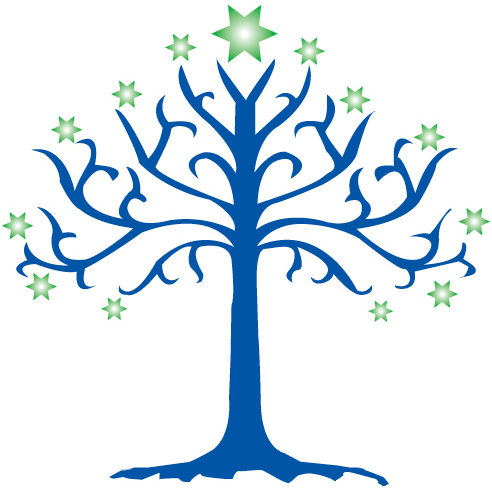Multiple Intelligence Framework
Howard Gardner Multiple Intelligence Charter School embraces an educational philosophy that addresses the needs of the whole child by implementing current, research-based pedagogical practices that are rooted in Howard Gardner’s Multiple Intelligences (MI) theory and Maria Montessori.
MI theory declares that people can experience and learn to understand the world and its cultures through multiple domains or gateways, or as Gardner calls them intelligences. Gardner currently identifies 8 intelligences that comprise an individual learning profile: kinesthetic, linguistic, mathematical/logical, spatial, musical, interpersonal, intrapersonal, and naturalistic.
While the theory advocates that we can access information through all of these domains, it also determines that we each have our own unique intelligence learning profile to assimilate, recall, and apply that information: these are our intelligence strengths.
With multi-aged classes, our teachers stay with or loop with students over a longer period of time, getting to know them, and more importantly, understand what they need to be successful learners. We are privileged to focus on the individual learner, to emphasize inner discipline and control across age levels; to encourage and support our students to become independent, self-directed learners. All while striving to maintain the principles of diversity, democracy and respect for others and ourselves in all aspects of the educational climate.
Applying the MI theory to our educational mission and vision requires us to deeply understand and support the diverse abilities of our students, and utilize multi-dimensional formative assessments and learning portfolios to monitor and assess student understanding and performance while offering a very thorough state and national standards aligned academic program.
Our project-based instructional framework integrates creative problem-solving into every segment of the curriculum, all the while incorporating the PA Core Standards into the consistent use and exploration of Multiple Intelligences (MI) theory.
Additionally, the principles and values that permeate the culture at Howard Gardner MI Charter School are based on the concept of teamwork and partnership, where staff members, parents and students join together in an effort to recognize that every person has unique talents or productive skills to offer. Together we make the school a safe place where the sharing of individual ideas and talents contribute to produce the best educational community possible.
The Apprentice Model
One of the cornerstones of Gardner’s cognitive research is that student learning is more integrated and meaningful when working alongside a “master.” Howard Gardner identifies apprenticeships as being a model for schools in the 21st century because of the practical nature of learning beside someone who has working knowledge and expertise of a subject, craft, or art. Allowing a master to pass on that knowledge is both a gift and a practical way to scaffold the learning process.
At Howard Gardner MI Charter School, we empasize the significance of this model. Masters may include our exceptional faculty and staff, parent volunteers, and community practitioners and artisans. A student store, a school newspaper, weblogging, art, music, and an outdoor curriculum are all examples of skills taught at Howard Gardner MI Charter School that involve students as apprentices. Each of these activities integrates human relationship, subject content and assessment that is at once relevant and authentic. Students learn by doing. They needn’t ask why they are learning a particular skill; the answer becomes obvious.
Classes have also engaged in activities such as entrepreneurial experiences, bridge building, creating a literary magazine, and operating a real student store. Projects and real-world application of the curriculum is embedded in all our subjects and grade-levels.
